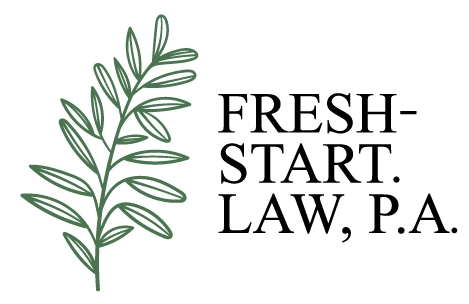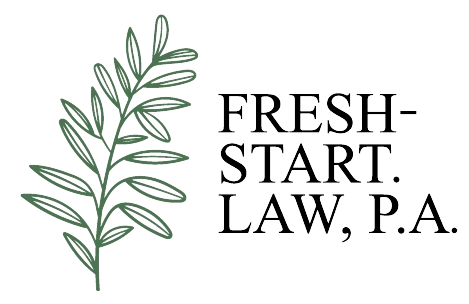
What is a Chapter 7 bankruptcy? It is a legal process through which most debts are forgiven mostly based on income, assets, and debt. Bankruptcy law enables a debtor to retain a certain amount of property that is considered exempt and the remaining assets are liquidated and sold to pay off creditors. There are many factors to consider when it comes to filing bankruptcy. Step 1 should be to consult an attorney. Most team offer free consultations. The more information you have, the better decisions you can make.
Who can file a chapter 7 bankruptcy?
Table of Contents
ToggleAn individual can file for Chapter 7 in the case that they can no longer pay their creditors. The law prevents anyone from filing for bankruptcy if you have filed and it was dismissed anytime in the previous 180 days or if they did not comply with court orders. An individual that has had debts discharged in a previous Chapter 7 may not file for more than 8 years.
A debtor filing for a Chapter 7 bankruptcy must meet the Means Test. This compares the debtor’s last 6 months average income to a median income for their state. If you received a stimulus payment, this doesn’t count as income. If the income is greater than the median, it determines an amount that they could pay to creditors. This amount also takes expenses and dependents into account. You don’t have to be completely broke to file. If you have a high income with high expenses, you may still pass as long as the expenses are not too outrageous. If you fall into the higher income bracket and do not pass the means test, a Chapter 13 might be an option for you.
What do you need to know about filing a chapter 7 bankruptcy?
Worried about your personal property? Property can be covered with exemptions What and how much varies from state to state. This allows the debtor to protect most property. This is what you will find in Florida:
- Homestead. Up to 1/2 acre in a city and 160 contiguous acres in the unincorporated county.
- Personal property exemption. If you own a home, this exemption is limited to $1,000. Otherwise, it is limited to $4,000.
- Vehicle. Up to $1,000.
- Wages. The earnings of a person who is head of household are exempt. Head of household is as follows:
-Provide more than half of the financial support for another person to whom he has either a legal or moral obligation of support.
-The supported person may be a child or an adult.
-The supported person does not need to physically reside in the debtor’s homestead.
-The supported person can be your spouse.
- Retirement accounts. Your IRA, 401k, pension, and similar retirement accounts are exempt under section 222.21(2)(a) of Florida law.
Facing a Lawsuit?
Once you file for bankruptcy, an Automatic Stay commences. This prevents the creditor from taking any further action. This delays all proceedings for the foreclosure. The creditors can come back and file a Motion for Relief from Automatic Stay but they can only take your property if you fail to make any payments in a timely manner as outlined by your mortgage agreement and only after going through the court foreclosure process.
Meeting the Trustee
When your case is filed, you will be scheduled for a 341 Meeting of the Creditors for about 30 days after your filing date. At this meeting, the trustee reviews your petition for any assets that may be acquired to sell so the money can be dispersed to creditors. This is discussed at this meeting with your attorney. The meeting lasts about 15 min and is usually a simple process that will be over before you know it.
Educate yourself
The best thing is to be well-researched and honest regarding income, assets, and expenses and know the laws. If you think filing is the answer for you, take a look at our recent blog post to help arm yourself with information on what’s to come!
Book a FREE Case Evaluation now.
You might also like:
So You’ve Decided to File Bankruptcy
Will I Lose My Home if I File Bankruptcy?
What Happens if I Can’t Meet my Chapter 13 Plan Payments?
You can also visit our FAQ blog page. You can read more about us here.
#debtrelief #personalfincance #chapter7 #bankruptcy #meanstest #assets #income #creditors





